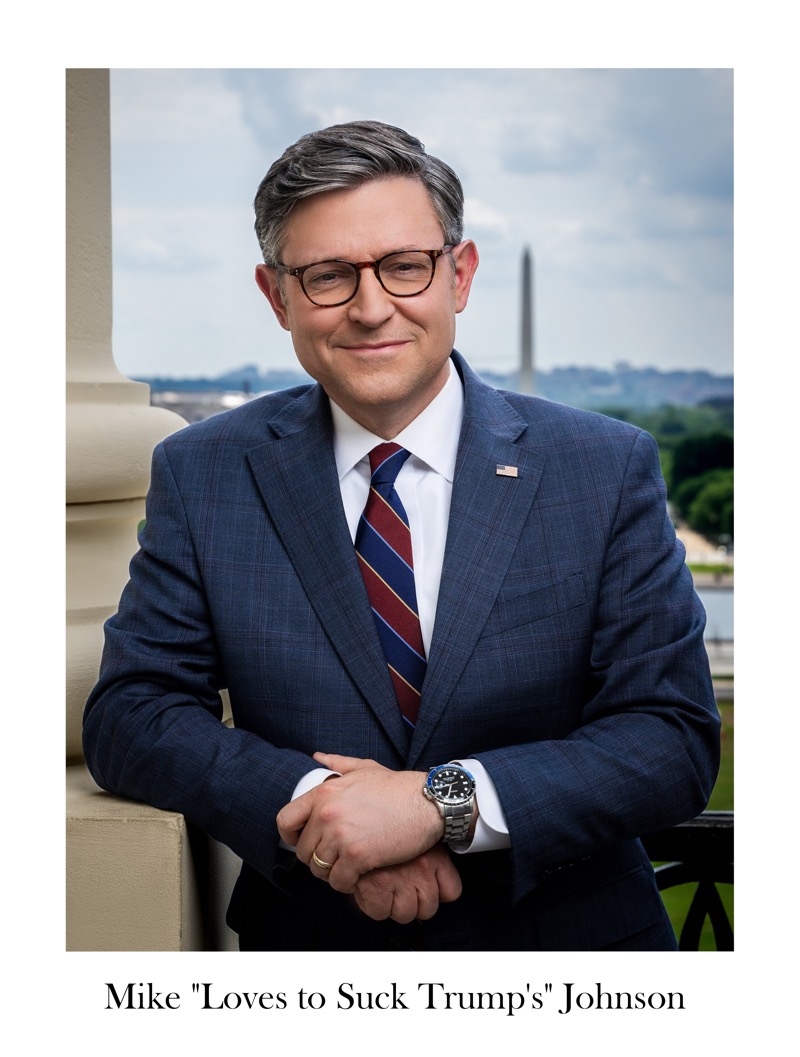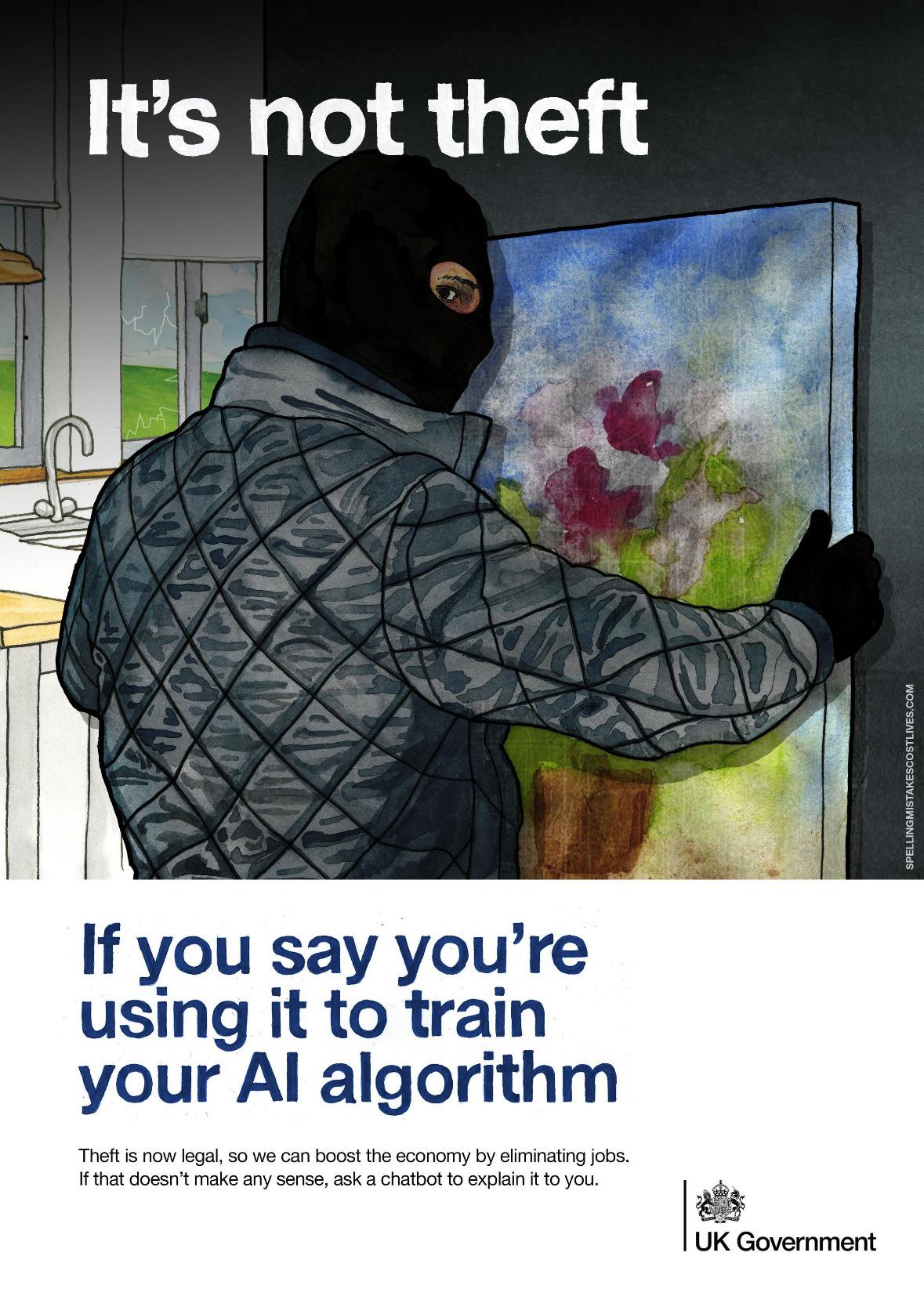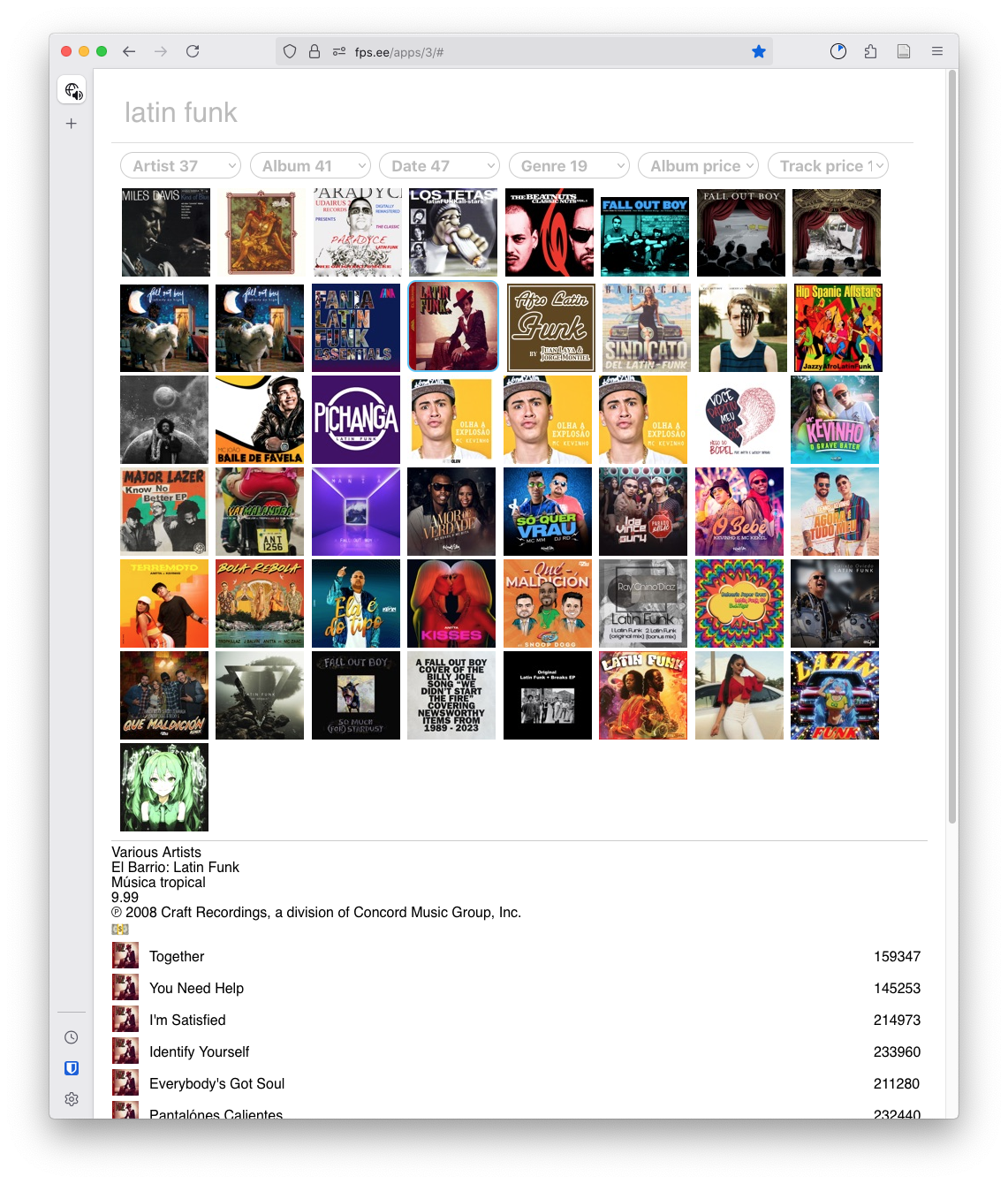"There is an ancient Indian saying that something lives only as long as the last person who remembers it.
My people have come to trust memory over history. Memory, like fire, is radiant and immutable while history serves only those who seek to control it, those who douse the flame of memory in order to put out the dangerous fire of truth.
Beware these men for they are dangerous themselves and unwise. Their false history is written in the blood of those who might remember and of those who seek the truth."

The sad fact about technological innovation - especially of the digital kind - is that it is much less about the new thing being good than it is about the old thing being bad.
"Wherever you walk, you walk like you belong! That is my challenge to you. Walk like you belong! Because you do."
"I am now convinced that the simplest approach will prove to be the most effective – the solution to poverty is to abolish it directly by a now widely discussed measure: the guaranteed income."
Could the reason for modern tech making us lazier and dumber be the fact that "lazy and dumb" makes for the perfect customer?
Lazy people are less likely to provide for themselves so they are more dependent on someone else providing for them and dumb people can't judge the quality of what they're buying. So you can sell them anything, of whatever quality and they'll just keep paying for it.
#obvious?

"The fact is, we're moving in uncharted waters. We're dealing with one of the fundamental assets of society - that is - recorded information. There's a real risk in taking something that works and transforming it in a way that's more responsive to fads and to technological wizardry without thinking through the fundamental implications that those changes will make on the system that is at the heart of civilization."
Jon Stewart Is a National Treasure
Some of the funniest, most powerful political satire I have ever seen. Every American should watch this.
Posting this here as a copy in case Paramount (Comedy Central's parent company) decide to eventually pull it.
Mark my words: The next great domestic policy achievement of the second Trump presidency will be the changing of the national anthem from "The Star-Spangled Banner" by John Stafford Smith and Francis Scott Key to "God Bless the U.S.A." by Lee Greenwood.
The United States of Roy Cohn
- Rule one: attack, attack, attack!
- Rule two: admit nothing; deny everything!
- Rule three: no matter what happens, you claim victory and never admit defeat!

Brute Force One
It seems that "drugs" is now officially the new "weapons of mass destruction". Too bad we didn't get to see Reich Minister of the Reichswehr, Herr Peter von Hegseth parade a vial of cocaine in front of the United Nations.
Looking Back at 2025
After all said and done, 2025 has been kind of amazing. I was really hoping for some forward momentum after a period of what I can only describe as struggling to find my footing in life and this year really delivered.
The Sustainable Podcast
This past summer me and my good friend and colleague from the Technology Governance and Sustainability programme - Max Peacock - spent five days in an underground recording studio at TalTech discussing everything from AI to education and gaming:

Let Static Be Static
I've been using the Django framework for all sorts of projects since version 1.4 and think it's an exceptionally well crafted system for building web applications. Django is so versatile, easy-to-use and well-documented that it's all too easy to reach for it even for uses cases that don't really call for it. Like Servo's documentation site - which is really just a collection of static pages.
Without Django, it would have been much more tedious to maintain the structure of the site and Django's nifty admin-interface gave me all the CRUD I needed out-of-the-box. But in the long term, running that entire Python stack was complete overkill and a waste of resources. It was also quite fragile:

So after years (actually, over a decade) of running that app, I spun it up one last time in dev mode (./manage.py runserver) and set wget on it (with a helpful hint from T0nylombardi on SO):
$ wget2 -m -k -K -E -l 7 -t 6 -w 5 https://docs.servoapp.com/
Uploaded the resulting directory to my web server, updated my virtualhost config, shut down the dev server et voilá - I had the whole thing running just as before for a fraction of the cost.
Todays web could use a tsunami of migrations like these. We have way too many sites out there running on massively complicated stacks just to serve static pages. The MVP trophy for this belongs of course to WordPress. There's just no justification for all the added complexity, maintenance, energy use, compute resource strain, monetary cost and security risks of a dynamic web app when all you want to do is publish some HTML pages. Especially when those pages update once a year (yes, I'm looking at you again, WordPress).
I've always thought the real dystopia wasn't about machines replacing humans as workers, but machines replacing humans as customers. Looks like we're slowly getting there...
When hackers scrape Spotify, it's "anti-copyright extremism", but when OpenAI scrapes the planet, it's "fair use". Funny how that is...

"Before printing was discovered, a century was equal to a thousand years."

Toffler saw it coming 55 years ago...
"Sharp differences would quickly emerge between the society that presses technological advance selectively, and that which blindly snatches at the first opportunity that comes along. Even sharper differences would develop between the society in which the pace of technological advance is moderated and guided to prevent future shock, and that in which masses of ordinary people are incapacitated for rational decision-making. In one, political democracy and broad-scale participation are feasible; in the other powerful pressures lead toward political rule by a tiny techno-managerial elite. Our choice of technologies, in short, will decisively shape the cultural styles of the future.
This is why technological questions can no longer be answered in technological terms alone. They are political questions. Indeed, they affect us more deeply than most of the superficial political issues that occupy us today."
Here's an idea...
Instead of those useless energy efficiency classification stickers, how about we mandate manufacturers to include a digital ammeter in every home appliance? Or better yet - counters (both total and current) for every resource it consumes (electricty, water, fuel, time, etc).
They could give that counter a standard interface for extracting that data enabling customers to see exactly how much electricity the device is using and how efficient it is in our own use. The geekier of us could could even post the results online for analysis and comparison.
Companies should be thrilled about this considering their obsession about stuffing computers with online connectivity into every single damn thing. Maybe it's time we finally make "smart", I dunno... smart? 💡
"You can't hide behind your instrument."
"If you can be comfortable playing a wrong note, then you're going to be making great music all the time. Never let a note rob you of playing good music."
"There are two Great Events in one's life.
One is being born
and the other
is knowing why."
"Mass production is profitable only if its rhythm can be maintained—that is if it can continue to sell its product in steady or increasing quantity.… Today supply must actively seek to create its corresponding demand … [and] cannot afford to wait until the public asks for its product; it must maintain constant touch, through advertising and propaganda … to assure itself the continuous demand which alone will make its costly plant profitable."
"Every single one of us, every single day, make some impact on the planet. And we have a choice as to what impact we make. What we buy, what we wear, where did it come from. And if enough of us make ethical choices and start thinking in a new way then business will have to change because of consumer pressure and governments will just have to obey the will of the people if there's enough of us willing."
"The difference between the mathematical mind (esprit de geometrie) and the perceptive mind (esprit de finesse): the reason that mathematicians are not perceptive is that they do not see what is before them, and that, accustomed to the exact and plain principles of mathematics, and not reasoning till they have well inspected and arranged their principles, they are lost in matters of perception where the principles do not allow for such arrangement. /.../
These principles are so fine and so numerous that a very delicate and very clear sense is needed to perceive them, and to judge rightly and justly when they are perceived, without for the most part being able to demonstrate them in order as in mathematics; because the principles are not known to us in the same way, and because it would be an endless matter to undertake it. We must see the matter at once, at one glance, and not by a process of reasoning, at least to a certain degree. /.../
Mathematicians wish to treat matters of perception mathematically, and make themselves ridiculous /.../ the mind /.../ does it tacitly, naturally, and without technical rules."
"When we use generative AI, we consent to the appropriation of our intellectual property by data scrapers. We stuff the pockets of oligarchs with even more money. We abet the acceleration of a social media gyre that everyone admits is making life worse. We accept the further degradation of an already degraded educational system. We agree that we would rather deplete our natural resources than make our own art or think our own thoughts. We dig ourselves deeper into crises that have been made worse by technology, from the erosion of electoral democracy to the intensification of climate change. We condone platforms that not only urge children to commit suicide, they instruct them on how to tie the noose. We hand over our autonomy, at the very moment of emerging American fascism."
"It's a giant feedback loop. The media watches kids and then sells them an image of themselves. Then kids watch those images and aspire to be that mook or midriff in the TV set. And the media is there watching them do that in order to craft new images for them and so on..."
A Mere Appliance
"The full power of the computer is not available to an individual who owns one until he or she can program it. This opinion is rapidly becoming a heresy. The trend is [towards] more and more packages that do specific tasks. This trend is not to be deplored, as software packages fulfill a useful role. Another trend is toward fill-in-the-form or pick-an-item-on-the-menu customizing of programs. This trend, too, is to be encouraged. Nonetheless, unless extended far beyond what is now being done (say, to the point where the menu consists of all possible program statements) it does not give the user the full power of a computer.
This is not the place to discuss techniques for easing the average user into programming (and it certainly will not be done with BASIC, Pascal or FORTRAN), but it can and must be done. If not, the computer will become a mere appliance--at best performing a small number of possibly related tasks. What is desired is for the computer to become an appliance, but not a mere appliance. Its presence must be taken for granted by its user, but in the long run, the act of programming itself must be taken for granted as well.
In the short run it will be, if successful, an information appliance."
A Better iTunes Music Store
I used to be a big fan of the iTMS, but it started turning to shit right around the time Apple Music came out - search results being ordered in some stupid order, losing state when clicking on an item, etc etc.
Luckily, the store still has a working API so I put together this little UI. It's far from perfect, but serves my needs so much bettter than the native app.

Just another example of how important it is to have open APIs of web services. We all have different needs and preferences which no single entity can ever satisfy. With open APIs and relatively little code we can serve a limitless number of different use cases while also learning and having fun along the way.
"Anarchy is democracy without the beuraucracy."
A neat trick for dealing with filenames in HTML documents. Like an uploaded screenshot name with spaces that need to be converted to %20. I've seen some editors do this kind of thing automagically, but this is a consistent approach that works anywhere you can read standard input (in this case copy and paste).
I like to wrap it in a "do shell script" and stick it in my Scripts menu:
pbpaste | php -r 'echo rawurlencode(stream_get_contents(STDIN));' | pbcopy
The "puter" in "computer"

Networks connect, platforms divide.

"Tomorrow's illiterate will not be the man who can't read; he will be the man who has not learned how to learn."

"Our enormously productive economy demands that we make consumption our way of life, that we convert the buying and use of goods into rituals, that we seek our spiritual satisfaction, our ego satisfaction, in consumption.… We need things consumed, burned up, replaced and discarded at an ever-accelerating rate."